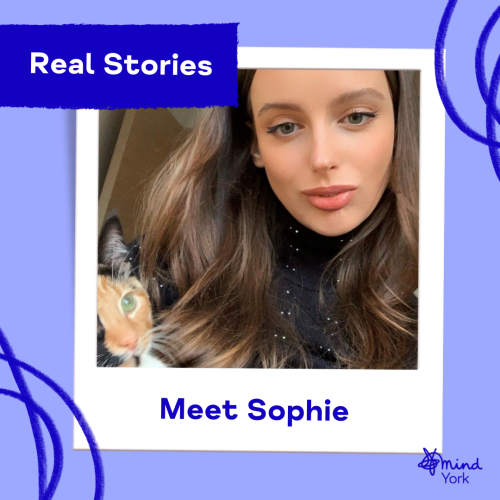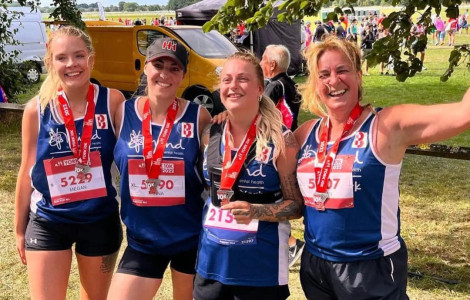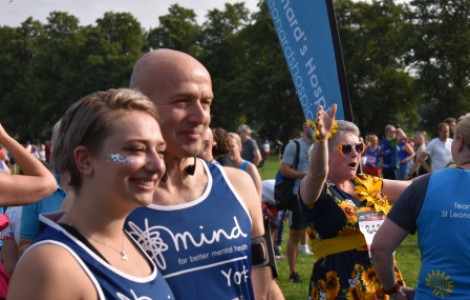3rd August 2025, 9:30
Posted: 2nd December 2022
Sophie's Story

"I started having epileptic seizures during university and was misdiagnosed for 2 years which was really challenging as I had no idea what was happening to me. When I was finally diagnosed in 2018, it turned my world upside down. Trying to not let my disability define me was one of the hardest challenges I’d ever faced. All I could focus on was the difficulties I might encounter. My memory wasn’t the same, I hated the side effects of my medication, I felt embarrassed, and really struggled to talk about it. I found myself feeling depressed and incredibly anxious. I avoided social situations as my seizures were quite frequent. It was a really lonely period of my life for a while following my diagnosis.
I understand why some people are scared to talk about their disabilities. I’ve had people say to me “you look fine” - since my disability is invisible, assume I’m drunk or even make fun of me. Disabilities can be detrimental to someone’s mental health, so it’s important to promote education and awareness around the subject.
My epilepsy used to cause me a lot of stress about whether I could live life “normally” and I struggled to enjoy anything. Now, I am a lot better since coming to terms with my diagnosis and I have realised that I can still achieve the things I want to achieve, even though it has been challenging at times. Having reasonable adjustments in the workplace, support from my friends, and practicing self-care has helped get me through. I’ve accepted that this is me, and if other people can’t, I won’t let it hold me back. Historically, epilepsy has been stigmatized, reinforcing stereotypes which has such a negative impact, but disability awareness can change so much and help people feel far less alone. I would encourage everyone to be more inclusive. You never know what someone is going through."
- Sophie
If you or someone you know may need support, please visit our disability support page.



